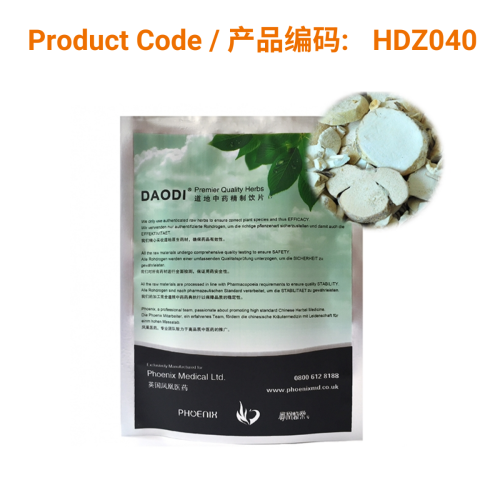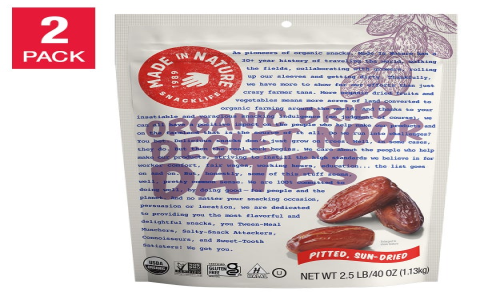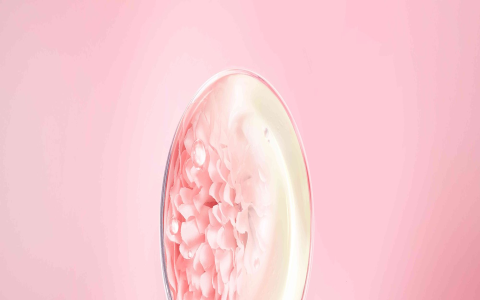So, this thing, Zhe Bei Mu, or Fritillaria thunbergii as some fancy folks call it. I guess I should share how I stumbled into using it and what I figured out along the way. It wasn’t like I woke up one day and decided to become an expert on traditional herbs, you know?
It all started with this cough. Not just any cough, mind you. This was one of those deep, rattling ones that just wouldn’t leave me alone. Felt like something was stuck in my chest, heavy and gross. I went through the usual routine: doctors, check. Syrups that tasted like fake cherries, check. Lozenges that did sweet nothing, double check. I was chugging warm water, honey lemon, you name it. Weeks went by, and I was still sounding like an old truck trying to start on a cold morning. It was really getting on my nerves, and probably everyone else’s around me too.
Then one day, I was complaining to my neighbor, Mrs. Li. She’s this older lady, always got some traditional advice up her sleeve. She listened to me hack and wheeze, then just kinda squinted and said, “You tried Zhe Bei Mu?” I swear, I thought she was speaking another language. “Zhe-Bay-What?” I asked. She just chuckled and said it’s an old thing for coughs like mine, especially when you’re coughing up that thick, yellowish stuff. Which, unfortunately, I was.
Honestly, I was skeptical. Sounded like one of those things people say just because their grandma said it. But I was also pretty fed up with this cough. So, I thought, what the heck, can’t be worse than that last syrup I tried. I dragged myself to one of those old-school herb shops. You know the kind, smells like dried leaves and mystery. The shopkeeper, a quiet old guy, pulled out these small, kinda white bulb-like things. He didn’t say much, just nodded when I mentioned a bad cough and phlegm. Said something about it being good for the lungs, helps to clear out the badness and stop the coughing.

So I bought a small bag. Mrs. Li had given me some rough instructions. She said to boil it, sometimes with a pear, to make a sort of tea or soup. I decided to keep it simple first. Just boiled a couple of those bulbs in water for a while. The whole kitchen started smelling a bit… earthy. Not bad, just different. The liquid itself wasn’t exactly appealing, a bit murky. The taste? Well, it tasted like medicine. Not sweet, not particularly bitter, just… potent, I guess. I just held my nose and drank it down for a few days, twice a day.
And here’s the kicker. Slowly, but surely, that awful cough started to loosen its grip. I wasn’t waking up in the middle of the night choking anymore. The gunk I was coughing up seemed less… aggressive. It was actually working. I was genuinely surprised. After about a week, the cough was pretty much gone. Not just suppressed, like with some of those over-the-counter things, but actually gone.
That got me curious, so I did a bit of digging, just asking around and looking up some stuff online, not the super scientific papers, just general info. Turns out, this Zhe Bei Mu has been a go-to for coughs, especially those stubborn ones with lots of phlegm, for a long, long time in traditional Chinese practices. They say its main job is to clear heat from the lungs, dissolve phlegm, and stop coughs. Some also mentioned it can help with things like nodules or swellings, but for me, it was all about that cough. It’s also supposed to be a bit moistening, so it helps with dry throats too, which often comes with nasty coughs.
It’s funny, isn’t it? We’ve got all this advanced medical science, which is great, don’t get me wrong. But sometimes, these simple, old-school remedies, the ones people have been using for centuries, they actually do the trick. I’m not saying Zhe Bei Mu is a magic bullet for every lung problem out there. And you should probably still talk to someone who knows their stuff before you just start boiling random herbs. But for that particular nasty, phlegmy cough I had? Yeah, it did the job. Made me think twice about dismissing all that “old wisdom” so quickly. Sometimes, the tried and true methods stick around for a very good reason.



